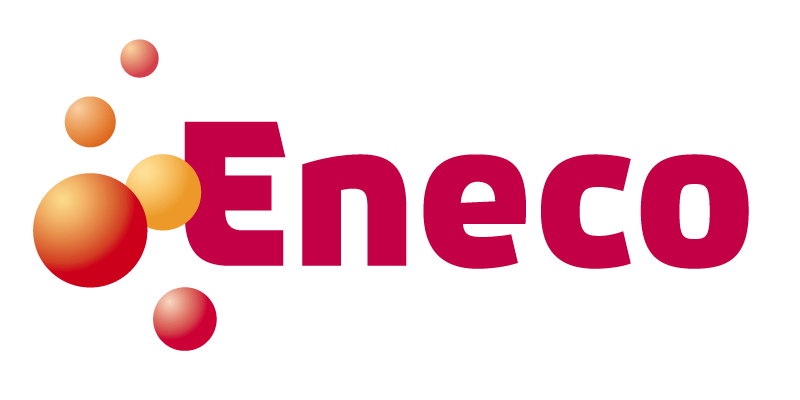Consultancy
& Training
Om je te helpen een betere wereld te creëren
Samen verbeteren we de efficiëntie, veiligheid en duurzaamheid binnen jouw organisatie, zodat we een blijvende impact maken op de organisatie en de wereld.
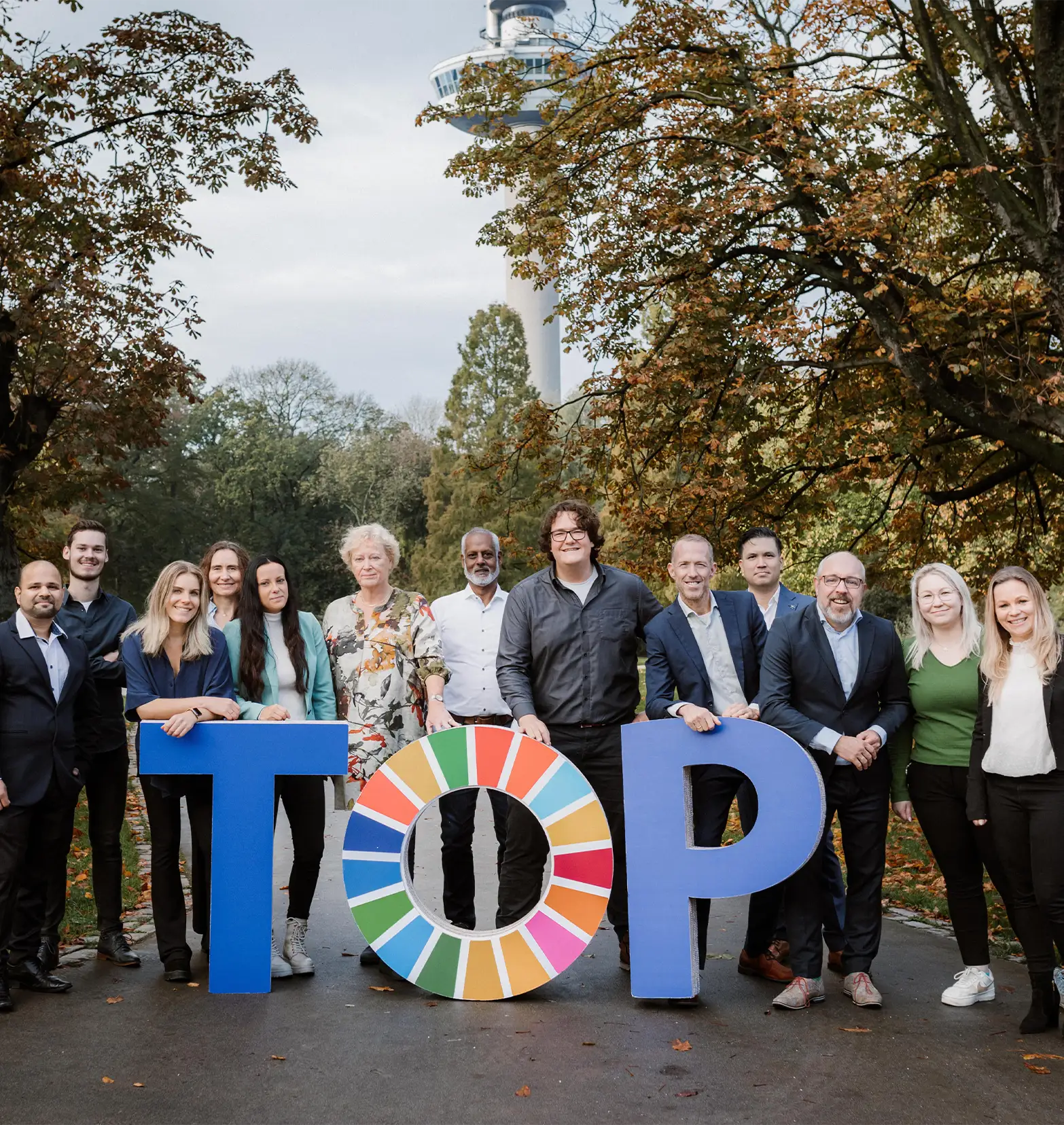
Werken met TOP
Ons uitgebreide team van consultants helpt je om de concurrentie voor te blijven en je organisatie beter te maken.
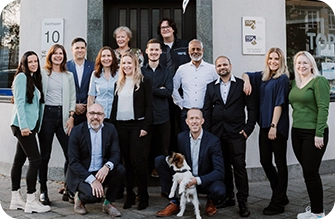
Een betere wereld creëren met behulp van consultancy, trainingen en personeelsoplossingen.
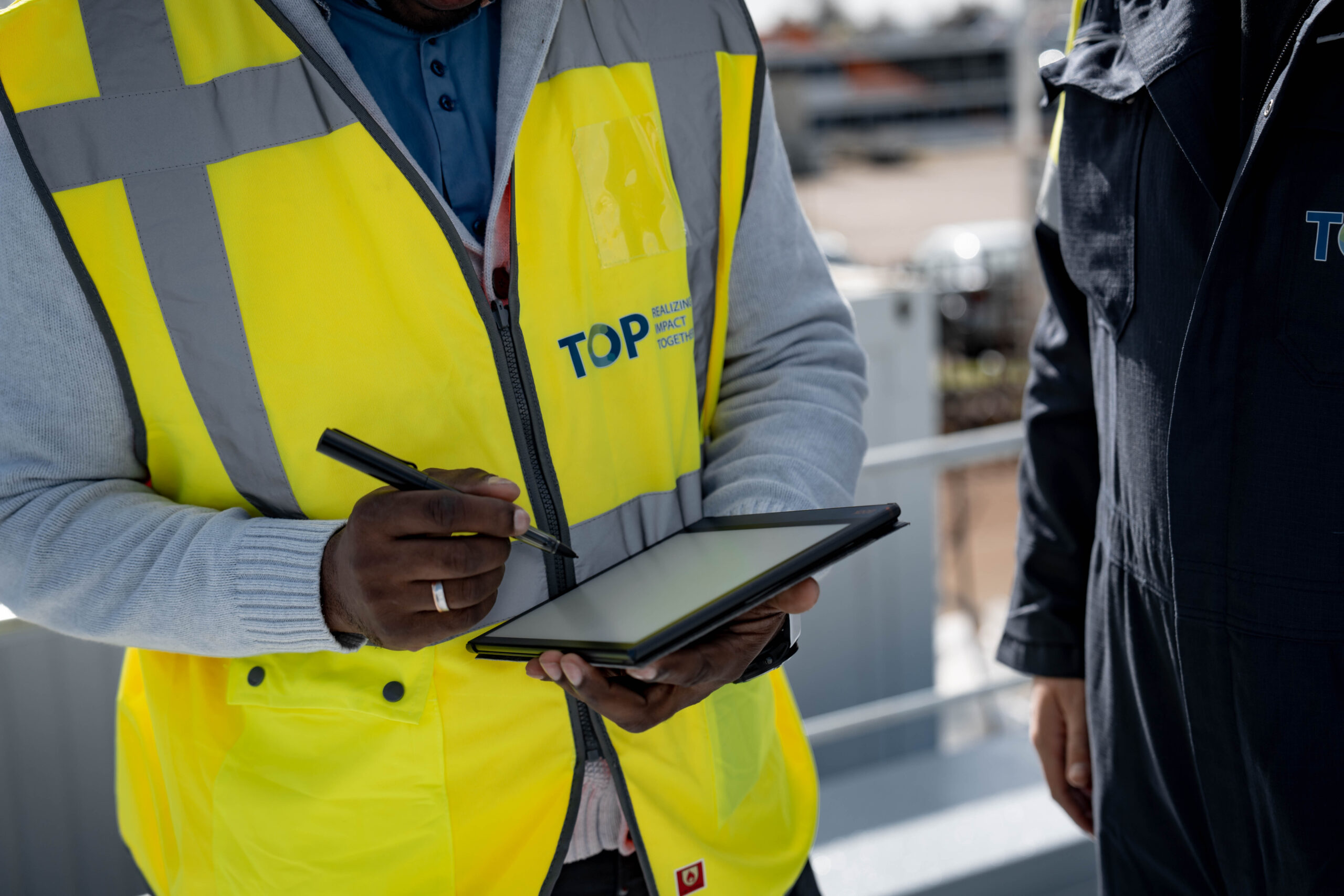
Ons DNA leidt ons naar het maken van veranderingen die er toe doen.
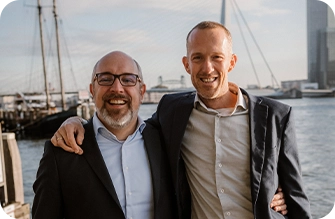
Het maken van een blijvende impact met onze consultants en partners, die de verbeteringsprocessen op een flexibele manier begeleiden.
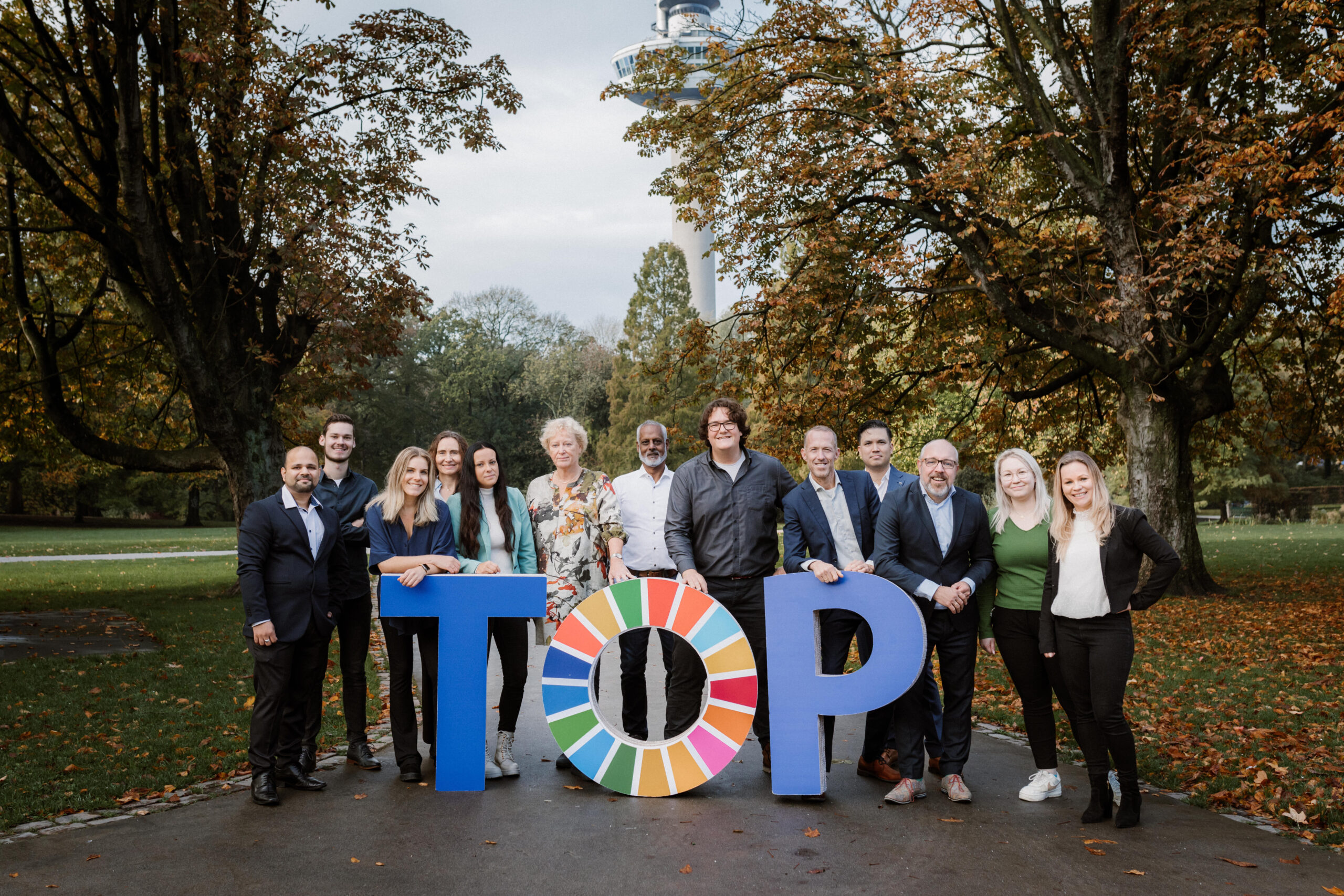
Onze klanten
Aankomende Events
iTanks Techniekfestival
Kom naar het iAsk Technologiefestival op 31 mei 2024 in de Onderzeebootloods bij RDM Rotterdam voor een ervaring van innovatie, samenwerking en inspiratie uit de eerste hand! Hoogtepunten zijn onder andere: iAsk Pitch Ontbijt, Lancering van de Dag van het, Onderhoud met NVDO, Keynotes, kennissessies, workshops en breakouts in de domes en Innovatie-expo met de nieuwste technologieën. Demonstratiezones in de Onderzeebootloods en aan de kade. Registreer gratis hieronder en verzeker jezelf van een plek!
Neem contact op met TOP
handelend onder TOP Management Consultants
KVK: 27126022
BTW: NL800552489B01
Veerhaven 10
3016 CJ Rotterdam
Nederland






